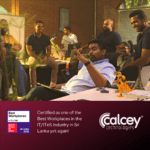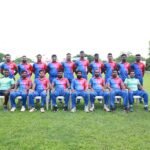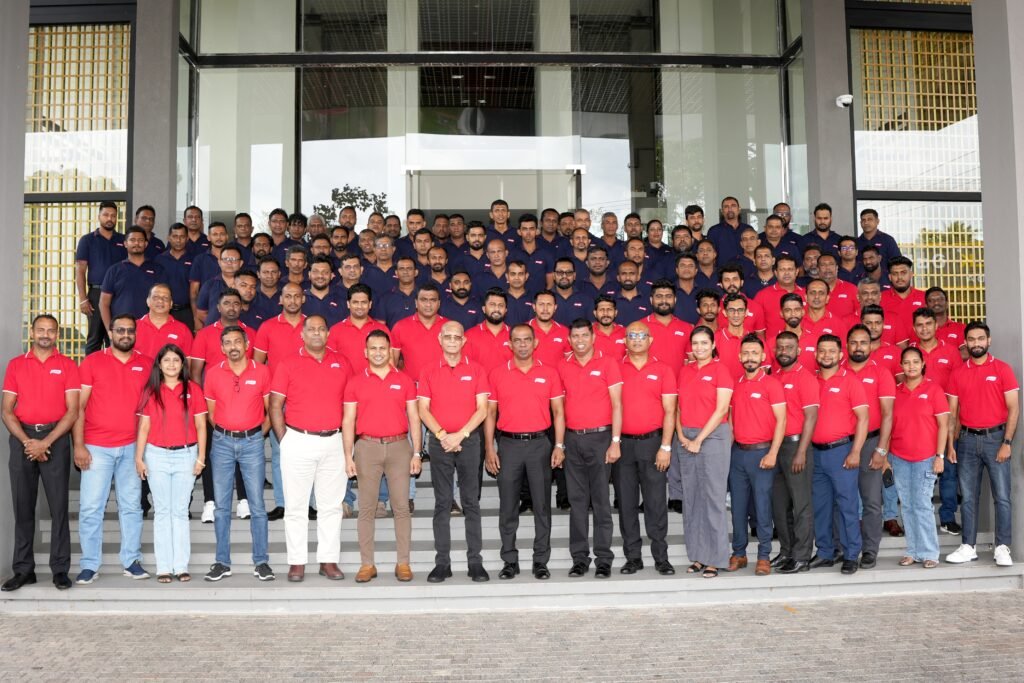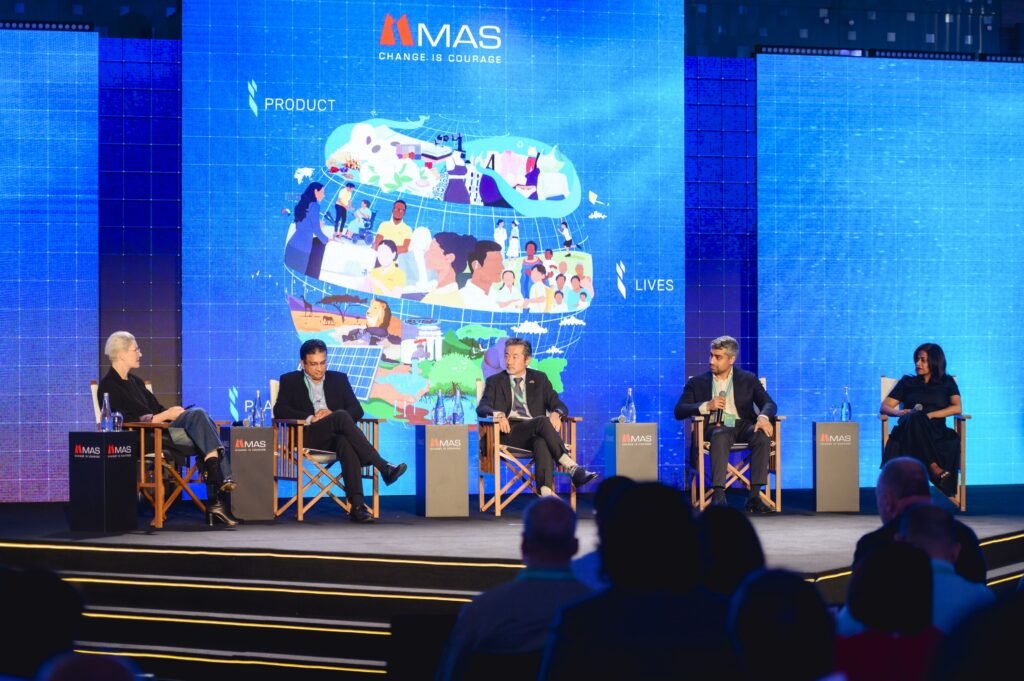Tokyo Cement Group together with Ocean Resources Conservation Association (ORCA), hosted 26 Marine Park Officers attached to the Department of Wildlife Conservation (DWC) for a 2-day training workshop on coral reef science and management. The workshop, held last month at the Coral Sands Hotel Hikkaduwa, comprised in-depth training sessions conducted by renowned marine biologists and coral conservation experts attached to Blue Resources Trust (BRT) and Ocean Resources Conservation Association (ORCA), primary partners in the Tokyo Cement Group’s Coral Reef Conservation program.
In addition to the training on coral species and reef fish species identification and management, the session was followed by a field snorkel dive and coral reef survey techniques training at the Hikkaduwa National Marine Park, conducted for marine park officers and field staff of regional DWC offices around the island.
Dr. Terney Pradeep Kumara, Professor of Oceanography at the University of Ruhuna delivered a lecture on Coral Reef Ecology, providing an in-depth understanding on the formation of a Coral Reef ecosystem and the complex network of interdependencies between each species that help maintain its healthy balance. He also provided an overview of the impact that can happen due to an imbalance in this complex ecological system.
Mr. Nishan Perera, Marine Biologist and Co-Founder of Blue Resources Trust, conducted a session on identification of reef fish. His lecture comprised a detailed overview of the large variety of fish associated with Coral Reefs in different parts of Sri Lanka. The session also provided an understanding of the environmental conditions required for these fish species to adopt into a coral ecosystem and how together they form an underwater habitat. He further conducted a session on coral reef survey techniques to enable scientific management of reef ecosystems. Mr. Daniel Fernando, renowned specialist on Elasmobranchs and, Director of the Fisheries and Policy Programme and Co-Founder of BRT, conducted a session on Sharks and Rays, focusing on the importance of implementing sustainable fishing policies to prevent overfishing of endangered species.
Team Leader at the Ocean Resource Conservation Association, Mr. Prasanna Weerakkody in his lecture detailed how to identify various coral species that are present in the seas surrounding our island. He further described the ideal environmental and bathetic conditions required by various coral species to inhabit and thrive in a reef ecosystem. In addition, he shared his expertise in coral reef restoration and emphasized the importance of immediate restoration efforts to protect and replenish lost habitats of coral reefs.
Mr. Asanka Gunawardana, Head of Marine Division at the Department of Wildlife Conservation was instrumental in organizing this far-reaching training workshop aimed to enhance the exposure of Marine Park Officers, under the patronage of Tokyo Cement Group. The objective of the workshop was to establish a long-term partnership with the DWC to increase the reach and impact of the Tokyo Cement Group’s coral reef restoration and marine biodiversity conservation initiatives. The training will enable Marine Park Officers to get actively involved in coral reef management at marine parks around the island, that are under the purview of the DWC.
Tokyo Cement Group is deeply involved in coral reef conservation for over a decade, leading a consortium of partners to share expertise to restore the severely threatened Coral Reef barrier around Sri Lanka. In addition to coral reef conservation, Tokyo Cement Group has undertaken many sustainability initiatives that also include a Mangroves Reforestation Program, where the company collaborates with the Sri Lanka Navy to replenish the mangrove forest belt along the Eastern coastline of Sri Lanka. The company’s commitment to social responsibility breathes life through initiatives such as this, that successfully integrate social welfare and environmental conservation into its corporate DNA as part of their corporate goal to enrich the country, its people and the environment.
The training on coral species and reef fish species identification and management was conducted by renowned marine biologists and coral conservation experts.
A field snorkel dive and reef survey techniques training for Marine Park Officers and field staff of regional DWC offices was held at the Hikkaduwa National Marine Park.






